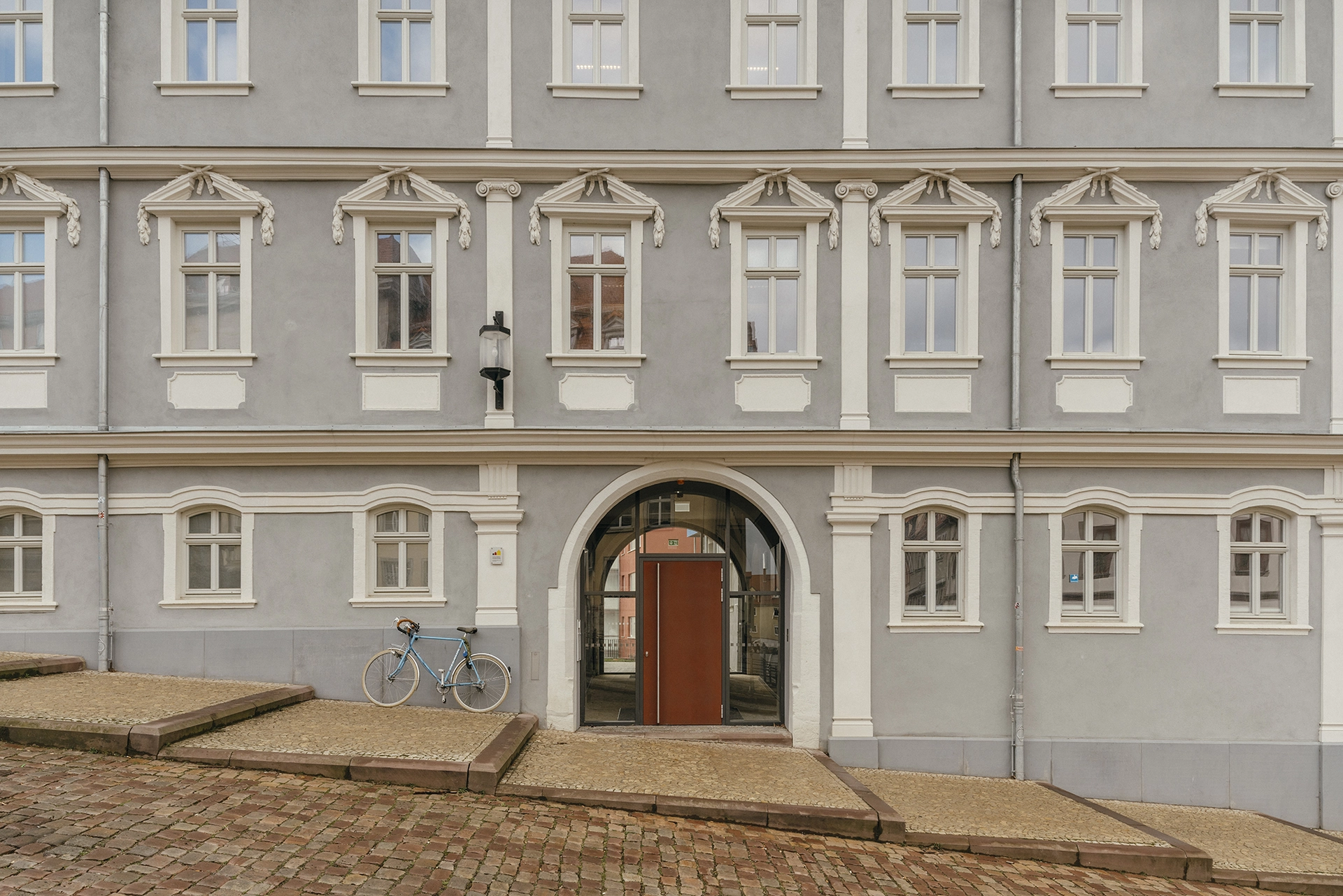Since Greco-Roman antiquity, Africa was considered the third continent alongside Europe and Asia. For a long time, Europeans were geographically familiar only with its northern parts, while the areas south of the Sahara remained unknown. They were only explored along the coastlines by Iberian ships in the 15th and 16th centuries. For humanist Europe, the passing of Cape Bojador, then the crossing of the equator and the circumnavigation of the Cape of Good Hope, which also opened up the sea route to Asia, was a sensation.
This southern movement of European expansion around 1500 was for a long time overshadowed by the so-called discovery of the New World. Unlike America, Africa was neither a new nor a completely unknown continent. The knowledge about Africa circulating in Europe was hardly certain, but that made it all the more auspicious. People believed in the existence of a Christian prester John, in a land of gold with fabulously rich rulers, but also in hostile regions populated by strange animals and peoples.
Today, there are numerous traces of this interest in Africa located in Gotha. The Duchy of Saxe-Gotha was founded in 1640 in the midst of the Thirty Years' War. The first Duke, Ernst I (1601–1675), shaped his inheritance into a princely state that was exemplary for the time: he built Friedenstein Castle, a new residence whose name was also a programme, and carried out numerous reforms in administration, schools, and the coinage system. Ernst also promoted the Ethiopian studies that the scholar Hiob Ludolf (1624–1704) had founded in Gotha. The Abyssinian cleric Abba Gregorius (1595-1648) was invited to court and was questioned about the situation of Ethiopian Christians, their language and culture, and many other things. Travelers, such as Ludolf's student Johann Michael Wansleben (1635–1679), were also sent to Africa. The ducal library concentrated on the collection of travel accounts, which grew steadily in the 18th century and led to further Gotha trips to Africa.
But why was a relatively small court like Gotha interested in Africa? Why did they collect both knowledge about and objects from Africa? What functions did these collections have at court? Was this interest in the continent typical of the early modern period? Or is Gotha's Africa a special case of pre-modern courtly culture?
The one-week summer school is aimed at applicants from the circle of advanced students during their master's thesis, doctoral students and postdocs as well as employees of museums and similar institutions with an interest in the history of perception and knowledge of Africa, the history of court culture and the history of objects, books and scholarship in early modern Europe. Accompanied by lectures and guided tours by recognized experts, the participants will get to know the rich holdings of the Gotha Research Library, the Friedenstein Foundation and the Gotha State Archives with active participation in workshops.
For more information on the application process, please visit the summer school website.



